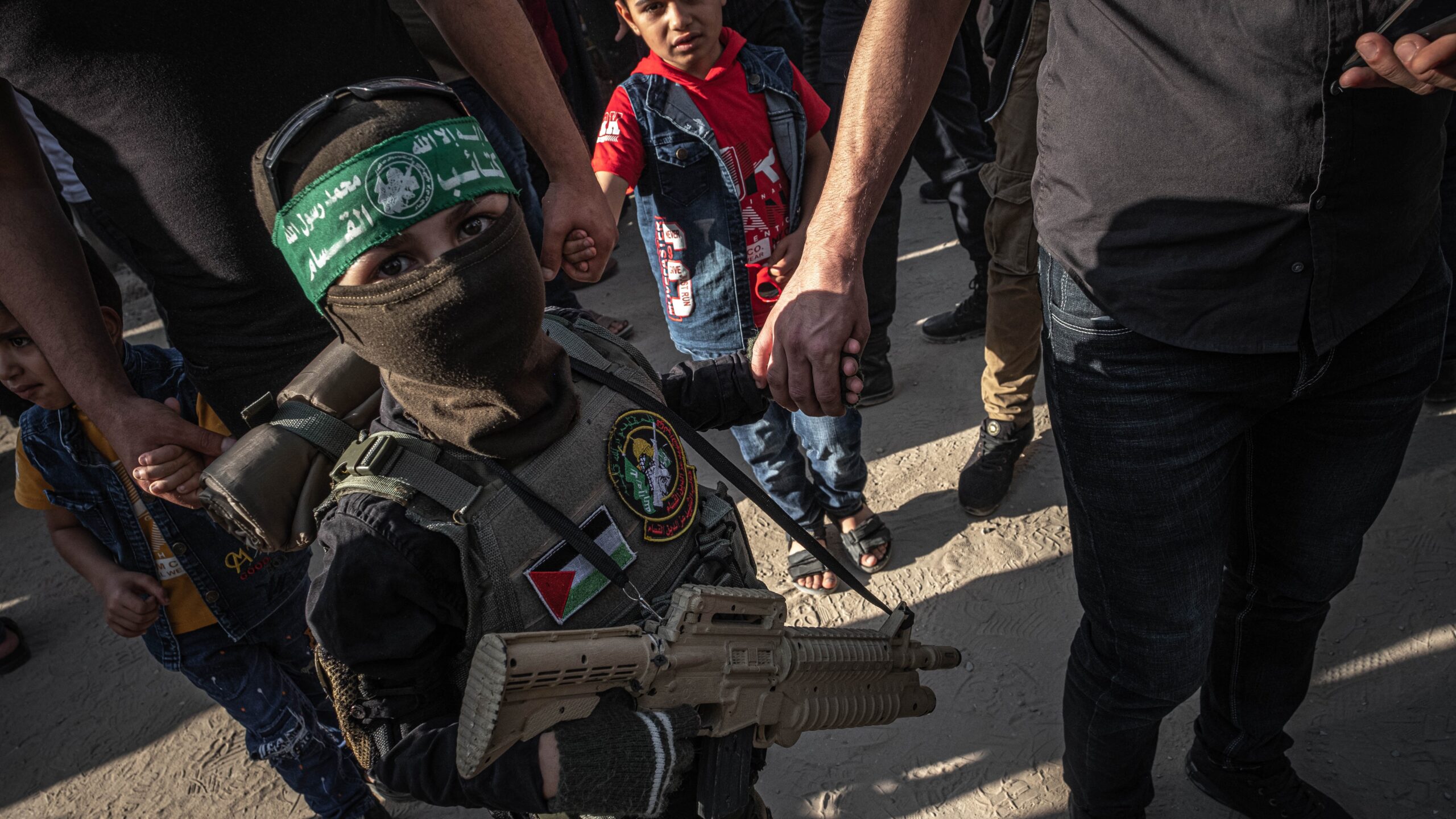Andrew Schwartz: You're listening to the Covid-19 Update a podcast from the CSIS Global Health Policy Center, focused on the science and policy implications of the outbreak. I'm Andrew Schwartz of the Center for Strategic and International Studies, and I'm joined by my colleague, Steve Morrison, to discuss the latest on Covid-19.
Steve Morrison: We're delighted today to be joined by Dr. Rick Brennan. Rick is the Regional Emergency Director for WHO Regional Office for the Eastern Mediterranean, based in Cairo, Egypt. Previously, he had spent seven years at WHO headquarters as Director of Emergency Operations, Director of Ebola Coordination and Response, and Director of Emergency Risk Management and Humanitarian Response. We're going to focus overwhelmingly today on the catastrophe unfolding in Afghanistan. We'll talk about Covid and the Covid response, but also a full range of other issues, especially pertaining to the risk of collapse of the Sehatmandi health project that sustains 2,300 facilities inside Afghanistan. Thank you, Rick, so much for joining us today. Andrew Schwartz cannot be with us today and sends his regrets.
We’ve had the great fortune to enlist Len Rubenstein, a close friend and collaborator and Professor of the Practice at the Johns Hopkins Bloomberg School of Public Health and Director of the Program on Human Rights, Health, and Conflict. He's the author of the recently published volume Perilous Medicine: The Struggle to Protect Health Care from the Violence of War . He founded and chairs the Safeguarding Health in Conflict coalition. He has, for a very long time, as we'll hear in this conversation today, tracked the health sector within Afghanistan and the many complexities that have entered the history of that sector going back in recent decades. Recently, Len and I published a CSIS commentary, which you can easily find. The title is “Pulling Afghanistan back from the Precipice—without Capitulation”. This conversation today with Dr. Rick Brennan grows out of that earlier work.
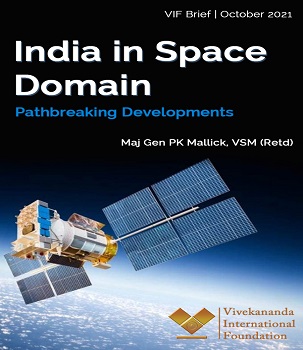 India is now a major spacefaring nation. Initially, the Indian space programme was focused primarily on societal and developmental utilities. Today, like many other countries, India is compelled to use space for several military requirements like intelligence, surveillance and reconnaissance. Hence, India is looking to space to gain operational and informational advantages.
India is now a major spacefaring nation. Initially, the Indian space programme was focused primarily on societal and developmental utilities. Today, like many other countries, India is compelled to use space for several military requirements like intelligence, surveillance and reconnaissance. Hence, India is looking to space to gain operational and informational advantages.
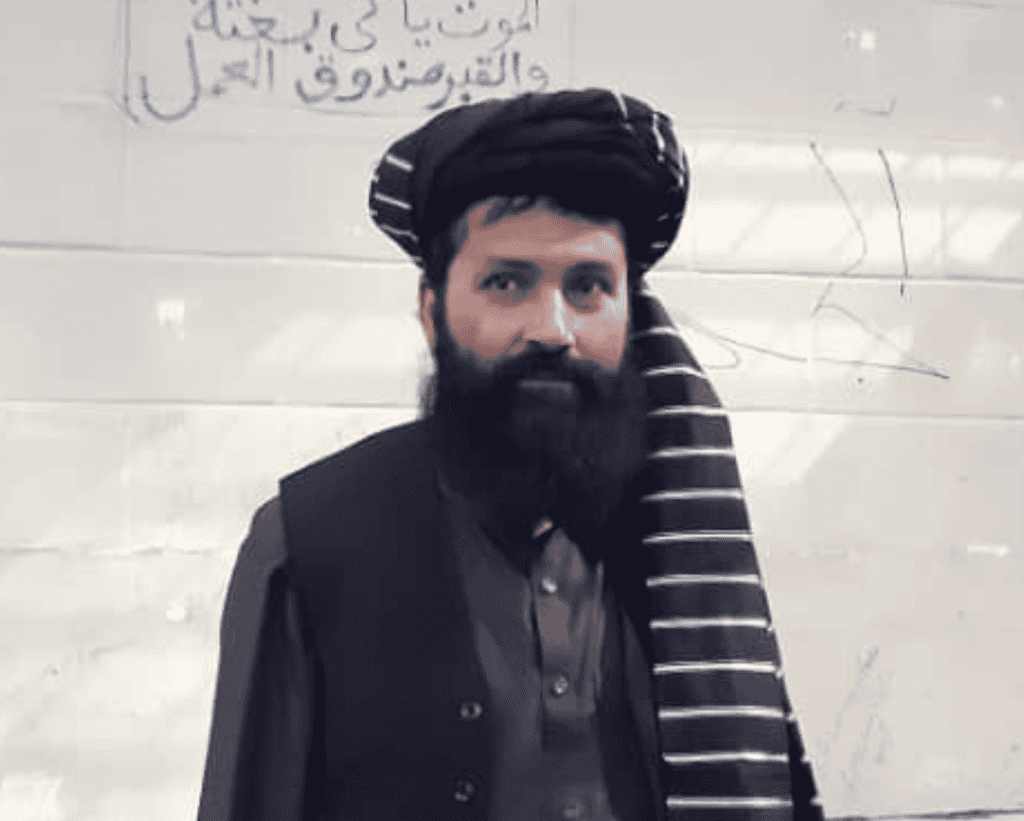

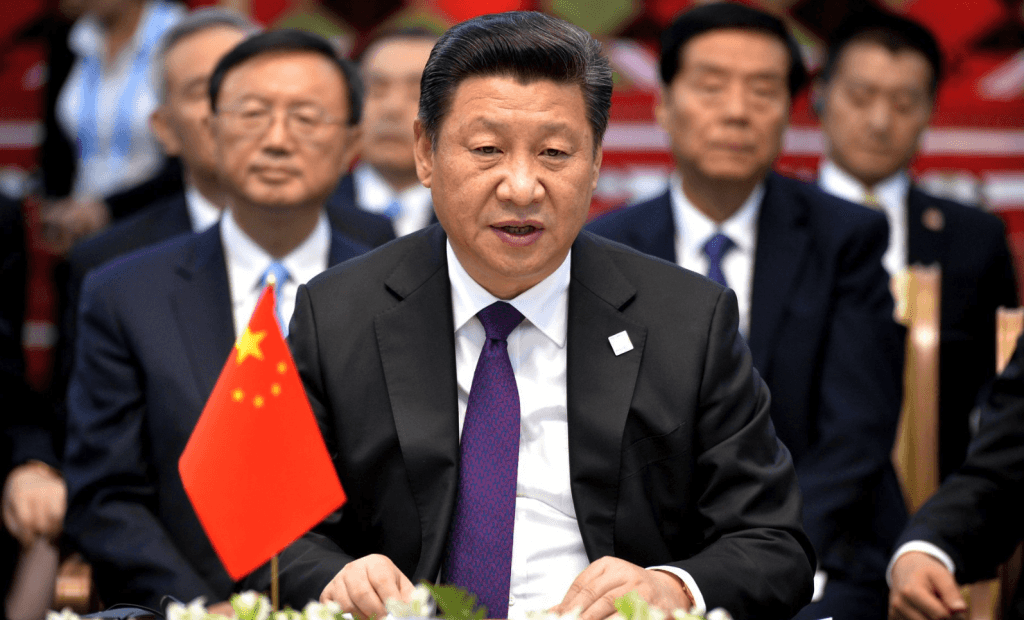





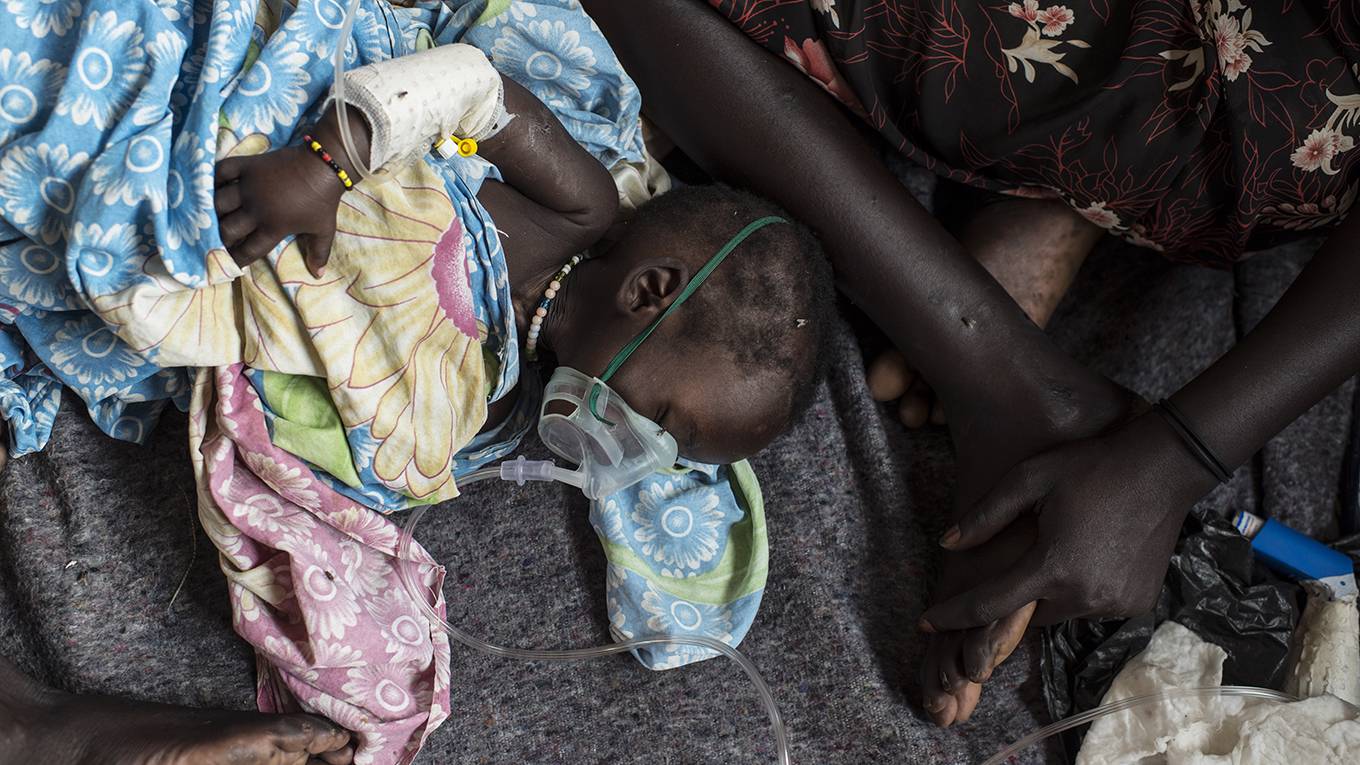

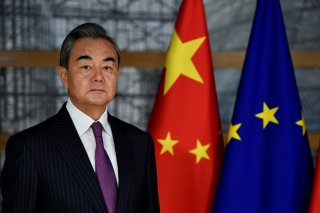
:quality(70)/cloudfront-us-east-1.images.arcpublishing.com/mco/OP2UEEOQAZHR5JLEU44PVKBCQQ.jpg)
